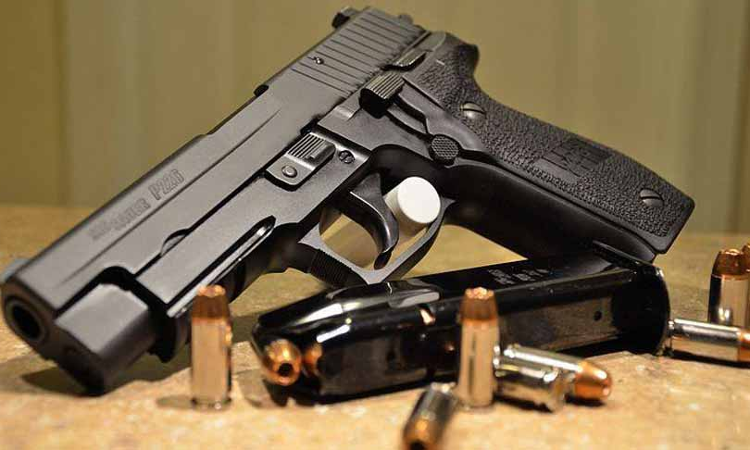Karnataka High Court Reserves Order On Plea Challenging Exemption Granted To Kodavas & Jumma Land Holders From Obtaining Firearms Licenses
Mustafa Plumber
17 Sept 2021 1:45 PM IST

A notification was issued by the Union Ministry of Home Affairs granting such exemption to every person of Coorg by race, and Jumma tenure landholders in Kodagu District under the Indian Arms Act, 1959.
Next Story


